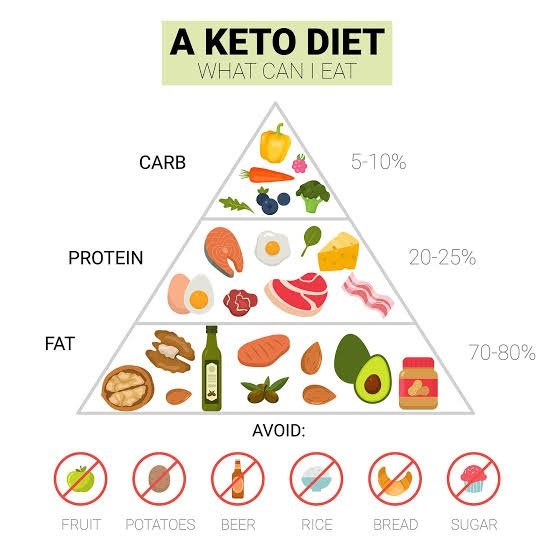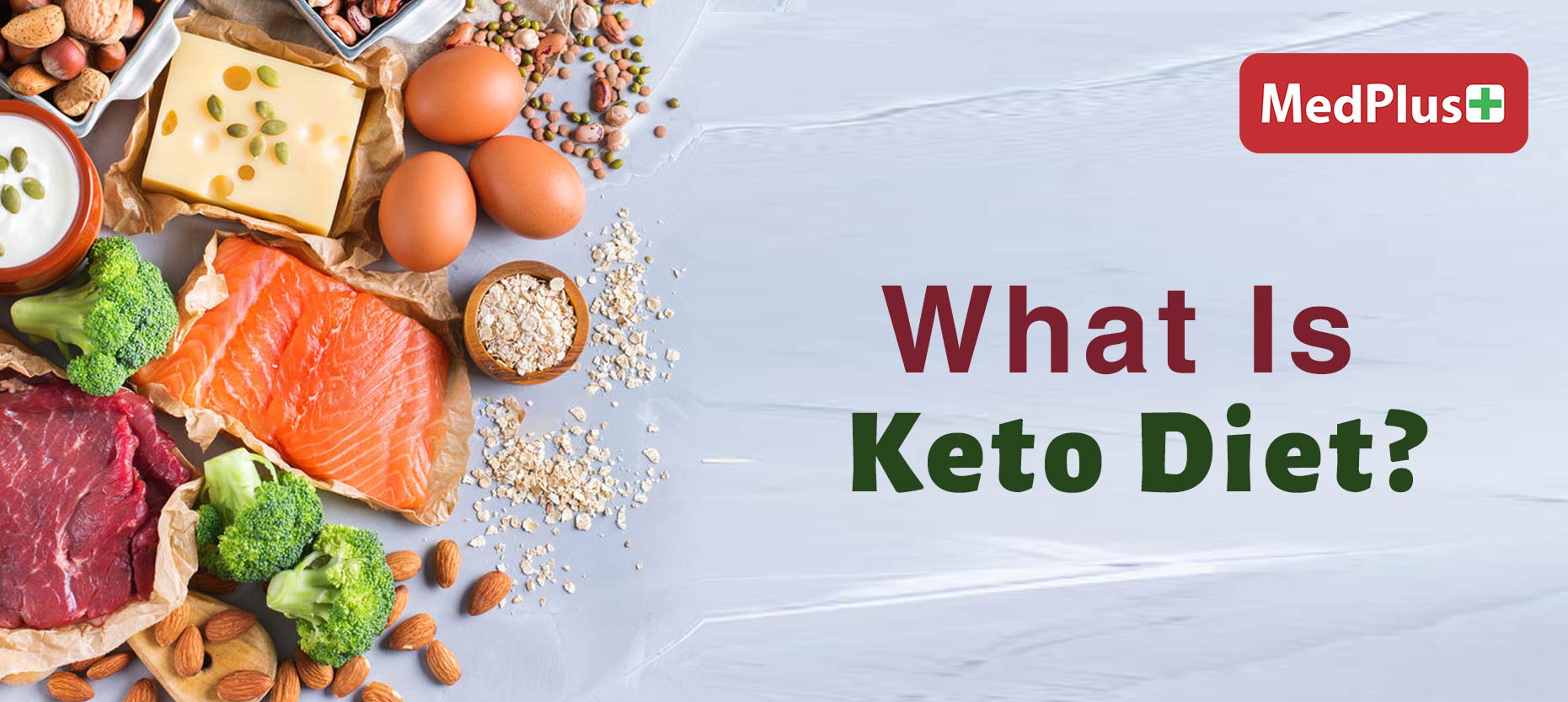
About keto Diet
The ketogenic diet, commonly referred as the keto diet, is a low-carb, high-fat diet that has been shown to promote weight loss and improve overall health. The diet involves drastically reducing carbohydrate intake and replacing it with fat, which puts the body into a metabolic state called ketosis. The main aim of keto diet for beginner is to shift the body’s metabolism from relying on reducing carbohydrates to burning fat for energy increasing to help our body more and properly working. liver converts fat into ketones, which serve as an alternative energy source for the brain and body. The ketogenic diet, commonly referred as the keto diet, is a low-carb, high-fat diet that has been shown to promote weight loss and improve overall health. The diet involves drastically reducing carbohydrate intake and replacing it with fat, which puts the body into a metabolic state called ketosis. The main aim of keto diet for beginner is to shift the body’s metabolism from relying on reducing carbohydrates to burning fat for energy increasing to help our body more and properly working. liver converts fat into ketones, which serve as an alternative energy source for the brain and body.

The Beginners of keto diets needs to know about consuming macronutrient ratio in form of daily food substance which we intake
- Fat: 60-75% of total calories
- Protein: 15-30% of total calories
- Carbs: 5-10% of total calories, usually
This macronutrient breakdown puts your body into a metabolic state, where the fat becomes the primary fuel source instead of carbs. It helps to replace fats from carbohydrates for a well health
Principles of the Ketogenic Diet
The principles of keto diet for beginner are based on consuming adequate amounts of fats and proteins with a reduced supply of carbohydrates and converts into fats. The goal is to put the body into a state of ketosis, where the body burns fat most efficiently from its own reserves. The diet consists of eating the right amount of fats (60-80% of meals), proteins, and carbohydrates (5-10% of meals). This metabolic shift results in the production of ketone bodies, which can supply energy for the brain and body for properly demanding and working. Ketosis also leads to reduced appetite and increased fat burning, making the keto diet appealing for weight loss. However, it’s important to focus on consuming high-quality diet, keto-friendly fats like olive oil, avocados, nuts, and fatty fish, rather than unhealthy saturated fats which may not good for health. which food should eat or not in keto diet is mandatory to know.
Some Benefits of keto Diet
Research has shown that the ketogenic diet can have numerous health benefits, including:
- Weight loss: The keto diet can lead to significant weight loss, particularly in visceral fat.
- Improved blood sugar control: The diet can help regulate blood sugar levels and improve insulin sensitivity.
- Increased energy: The high-fat diet can provide a sustained energy source.
- Reduced inflammation: The keto diet has been shown to reduce inflammation in the body.
- Reduced Appetite: High-fat and moderate-protein meals can lead to increased satiety, helping to reduce overall calorie intake without the need for constant snacking
As WE all know that the keto diet is popular for its potential weight loose and health benefit strategy but also presents several drawbacks that individuals should consider before starting. There are some cons after pros of keto diet which should known everybody while starting the diet. It is mandatory to know to avoid any mishappening happen in future.
Some cons of Keto Diet
- Difficulty in Sustainability: stringent food limitations hard to stick to, where individuals cycle between the keto diet and their previous eating habits. This pattern can increase the risk of weight regain and associated health issues
- Potential Heart Health Risks: It includes significant amounts of fats from sources like red meat and full-fat dairy, raises concerns about heart health. Increased levels of LDL (bad) cholesterol, which may elevate the risk of cardiovascular diseases
- Kidney and Liver Stress: The keto diet may place additional stress on the kidneys and liver, especially in individuals with pre-existing conditions. The increased fat metabolism can exacerbate liver issues, while the higher protein intake may overload the kidneys, leading to potential complications
- Gastrointestinal Issue: Many people on the keto diet report gastrointestinal problems, including constipation, diarrhea, and bloating. This is often due to the low intake of fiber-rich foods like fruits and whole grains, which are typically restricted on the diet. These digestive issues can make the diet uncomfortable and less appealing
we should prefer to intake keto diet with proper macronutrient ratio and also prefer for everyone to take for their aging cycle.


